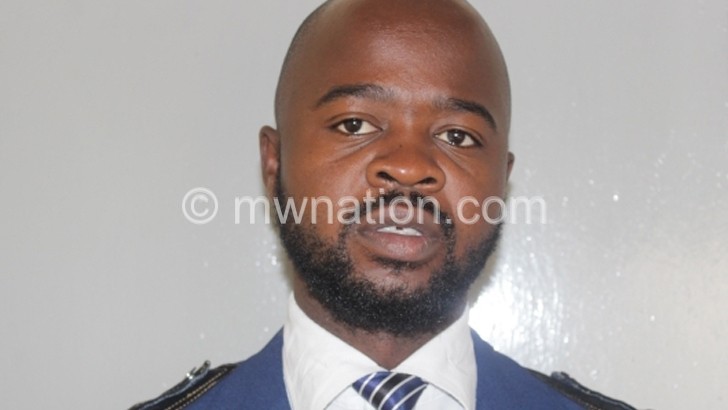Govt turns to NGO funding
The Ministry of Health plans to put in place strategies to tap into non-governmental organisations (NGOs) funding to boost the health sector budget which is heavily dependent on donors.
This follows a presentation which the Non-Governmental Organisations Board of Malawi (NGO Board) made at the Ministry of Health Joint Annual Sector Review held last week. The NGO Board said NGOs are handling close to K1 trillion in their budgets, more than what the government allocated to local councils for the health, education and agriculture sectors.

The Ministry of Health also said 62 percent of funding of the total health expenditure is financed by donors towards HIV and Aids, malaria and tuberculosis and immunisation while government contributed about 25 percent.
But the ministry spokesperson Joshua Malango said much as partnering with NGOs is good, the government would not place all its eggs in one basket.
“NGOs are partners but the government will still allocate resources to its operations,” he said in a written response yesterday.
NGO Board executive director Voice Mhone said the NGO mapping of four districts of Dowa, Chikwawa, Mzimba and Mangochi found that a lot of money was being channelled towards district activities through NGOs but this was not always disclosed at the council level to be incorporated into their planning.
While the mapping results were not segregated into sectors, it found that funding towards NGOs is five times more than that for district councils.
For example, the mapping exercise found that Chikwawa District Council had a budget of K1.4 billion but NGOs in the district were handling K9.2 billion, with one Traditional Authority Kasisi allocated K2.1 billion in 2017/18.
In Mzimba, the government allocated K1.5 billion to the council but NGOs had K11.3 billion, Mangochi District Council had a K2.1 billion budget while NGOs had K6.7 billion.
Of the K202 billion which was held by 20 audited NGOs in 2016, according to reports submitted to the NGO Board, 33 percent (or K67 billion) was being spent on the health sector.
About 27 percent was going towards education, 21 percent to agriculture and 19 percent to gender and other sectors.
Mhone said NGO Board would support the alignment of NGO programmes to Health Sector Strategic Plan II and ensure collaboration of NGOs to Health Sector Working Group.
“Most importantly is the acknowledgement of the ministry that it will tap into the huge resources that have been running in parallel with government systems through NGOs. Moving forward, the ministry intends to work closely with NGO Board and see how they tap into the resources including establishing aggregated data to health sector,” he said.
To that, Malango said the ministry will need to have a desk officer to interface with the NGO Board in terms of resource mapping and activities.





